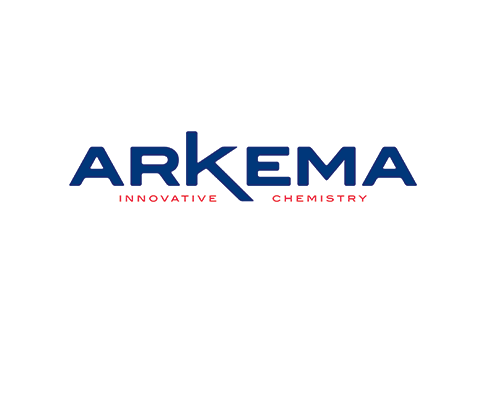Hexcel and Arkema partner to develop aerospace thermoplastic composites
The strategic alliance aims to develop carbon fiber-reinforced thermoplastic tapes to produce lightweight parts for future generations of aircraft.
Share
Read Next
Hexcel (Stamford, CT, US) and Arkema (Colombes, France) have signed a strategic alliance to develop thermoplastic composite solutions for the aerospace sector combining the expertise of Hexcel in carbon fiber and that of Arkema in PEKK.
The partnership announced March 26 aims to develop carbon fiber-reinforced thermoplastic tapes to produce lightweight parts for future generations of aircraft. In addition to lightweighting, these new composites will provide lower cost and faster production speeds for customers in the aerospace and the space and defense sectors.
As part of this partnership, a joint research and development laboratory, located in France, will be established.
“I am delighted to announce this partnership with Hexcel, a leading advanced composites supplier to the aerospace industry. This association fits in clearly with our strategy to develop advanced thermoplastic composite solutions from our PEKK resins, and takes effect a few months before the commissioning of our new PEKK plant in the United States in Mobile (Alabama) scheduled for the end of 2018,” says Thierry Le Hénaff, Arkema chairman and CEO.
Nick Stanage, Hexcel chairman and CEO, says “We’re excited to join this collaboration with Arkema to continue exploring and defining the future of carbon fiber-reinforced thermoplastics in the aerospace industry. With this opportunity and our recent acquisition of the aerospace and defense business of Oxford Performance Materials (OPM), Hexcel is quickly becoming an industry leader in advanced composite thermoplastic technologies.”
Related Content
-
Cryo-compressed hydrogen, the best solution for storage and refueling stations?
Cryomotive’s CRYOGAS solution claims the highest storage density, lowest refueling cost and widest operating range without H2 losses while using one-fifth the carbon fiber required in compressed gas tanks.
-
The lessons behind OceanGate
Carbon fiber composites faced much criticism in the wake of the OceanGate submersible accident. CW’s publisher Jeff Sloan explains that it’s not that simple.
-
Sulapac introduces Sulapac Flow 1.7 to replace PLA, ABS and PP in FDM, FGF
Available as filament and granules for extrusion, new wood composite matches properties yet is compostable, eliminates microplastics and reduces carbon footprint.














.jpg;maxWidth=300;quality=90)



